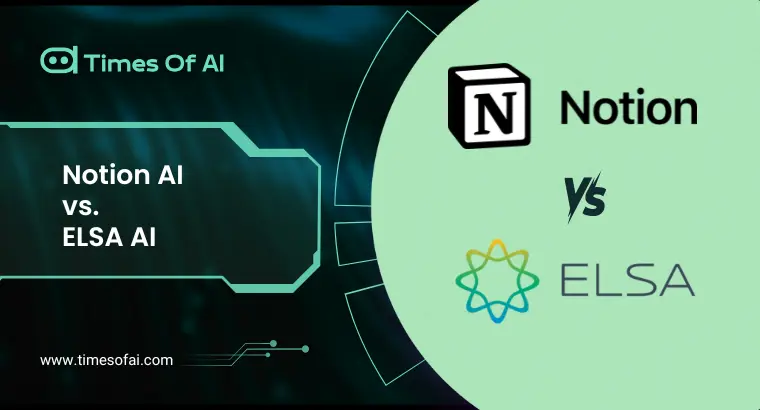
The University of Ottawa is at the forefront of spearheading measures toward the proper deployment of artificial intelligence (AI) in the Canadian government. These researchers together with their federal counterparts have been actively involved in the development of a risk assessment model that addresses concerns such as ethical, social, and practical challenges that arise when integrating artificial intelligence solutions in public service delivery.
This effort is a major step toward ensuring the right implementation of AI tools, with due consideration of equity, objectivity, and clarity. With these principles, the framework seeks to avoid risks that may arise while trying to harness the benefits of AI in the provision of public services in an efficient and equitable manner.
The scientists’ works are consistent with Canada’s general commitment to the reasonable use of artificial intelligence. Canada is one among the countries that has set an example by being one of the first countries to implement a national artificial intelligence plan. This is a vital effort extensively facilitated by University of Ottawa researchers who bring out their technical expertise in fields ranging from AI ethics, to governance in this prospect.
The core of this collaboration is the Algorithmic Impact Assessment (AIA) tool that is critical to Canada’s Directive on Automated Decision-Making. The AIA tool is designed explicitly to assess and analyse the risks that are associated with the use of AI systems before they are deployed. Its aim is to identify any possible threats that arise from violations of privacy, discrimination, or bias so as to ensure that such systems adhere to ethical standards and do not cause harm inadvertently.
The framework also puts a heavy emphasis on responsibility as the former requires the government organizations to demonstrate how they reach certain conclusions made through AI and also ensure that those arguments are explicable. This is especially important in the public sector, where such activities are transparent and the public needs to have their trust.
Professor Dr. Kelly Bronson, a Canada Research Chair holder in Science and Society, University of Ottawa stated that this effort is geared towards partnership. She also emphasizes that including ethical principles in AI systems is a technical challenge, but it is also a social concern. According to her, it is important that we ensure that these systems are built and put in place with reference to the values that we hold in common. According to Dr. Bronson, such issues should be addressed through interprofessional collaboration.
Canada’s commitment to ethical AI aligns with global trends set by its government. The leaders of the countries of the world are before a challenge – to use the changes that AI introduces in games and sports while wrestling with the moral implications of AI. This strategy of Canada, where there’s a focus on identifying and managing risks and collaboration across various sectors, is already being eyed by other nations as a model to emulate.
A key advantage of this framework is that it will set up a standard structure for regulating AI in different agencies in the government. By providing a set of unique guidelines and strategies, the framework ensures that AI innovations are evaluated and deployed cohesively. This consistency is vital to maintaining the public’s trust—along with averting more disparities from being exacerbated by advances in artificial intelligence.
With the growth of artificial intelligence (AI) and its integration into various spheres of people’s lives, it is important to stress the question of its responsible regulation. The researchers of the University of Ottawa have demonstrated the importance of academia in the formation and implementation of public policies as well as the reflection on the positive changes in the technological advances on social welfare.
Through this effort, Canada is engaging itself in addressing not only present challenges posed by artificial intelligence but it is laying the groundwork for what can be, an integration of technology with ethics. In due course, through implementation and refinement, it is expected that the described guidelines will function as a reference point for the moral and responsible usage of AI not only in Canada but also internationally.
Latest Stories:
CES 2025: Samsung Redefines Smart Homes with AI-Powered Innovations
Texas Proposes AI Governance Act to Regulate High-Risk AI in Employment
Anthropic Secures ISO 42001 Certification for Responsible AI Governance









